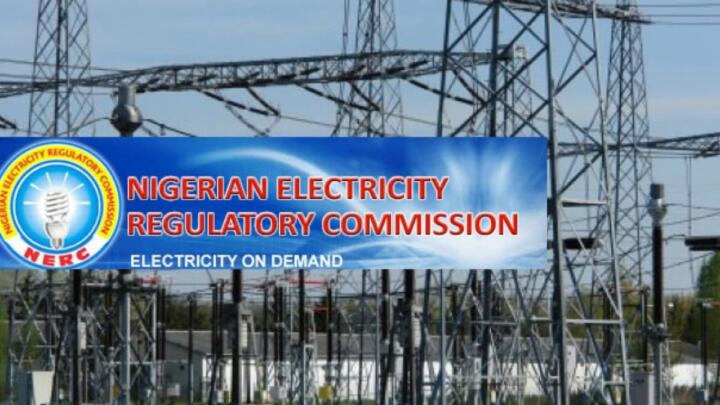The Nigerian Electricity Regulatory Commission (NERC) has revealed that the country’s electricity metering coverage has risen to 55 percent, reflecting continued progress in the national metering programme and increased compliance by distribution companies (DisCos). The regulator highlighted that this improvement is part of ongoing efforts to enhance transparency, reduce energy losses, and ensure that electricity consumers are accurately billed for usage.
Speaking at a recent energy sector stakeholders’ forum, the Executive Vice Chairman of NERC, Sanusi Garba, stated that the commission has intensified supervision of the metering rollout across all 11 electricity distribution networks in Nigeria. “We have seen significant progress, with over half of electricity consumers now receiving meters,” he noted. According to NERC, the current coverage represents a substantial increase from the 42 percent reported at the beginning of the year, signalling a positive trajectory in addressing historical metering deficits.

The regulatory agency attributed the rise in metering rate to the combined efforts of the federal government’s National Mass Metering Programme (NMMP) and active engagement with the DisCos, which have increased procurement and deployment of meters across urban and rural areas. NERC confirmed that strategic partnerships with local meter manufacturers have also contributed to improving supply and reducing delays associated with meter distribution.
Sanusi Garba emphasized that accurate metering is critical for the sustainability of the power sector, stating that it ensures equitable billing, enhances revenue collection, and minimizes disputes between consumers and distribution companies. He further reiterated that unmetered consumers are subject to estimated billing, which has historically been a source of tension and revenue inefficiency in the electricity market.
The regulator disclosed that the commission continues to monitor DisCos’ performance under its Meter Asset Provider (MAP) model, where private sector entities deploy meters on behalf of distribution companies while allowing consumers to pay in instalments. According to NERC, this model has accelerated metering coverage and contributed to reducing the proportion of unmetered households, particularly in Lagos, Abuja, and other major urban centres.
Despite the progress, NERC acknowledged that challenges remain, especially in underserved rural areas and regions with ongoing security concerns that hamper meter installation. Distribution companies have been directed to develop targeted strategies to reach these communities and ensure that metering targets are met by the regulatory deadlines.
Consumer advocacy groups have welcomed the improvement, noting that a higher metering rate will reduce arbitrary billing and promote transparency in electricity charges. “As more consumers gain access to meters, the system becomes fairer, and electricity usage can be tracked accurately, helping consumers plan their expenditure,” said a representative of the Nigerian Consumer Protection Network.
Analysts also observed that the increase in metering coverage has positive implications for revenue stability in the power sector. With accurate measurement, DisCos can collect payments commensurate with actual electricity consumption, reducing the risk of revenue shortfalls and enhancing the ability to invest in infrastructure maintenance and expansion. The move is expected to strengthen investor confidence in the sector and support ongoing reforms aimed at ensuring reliable electricity supply.
The federal government has indicated that it will continue to support NERC and the DisCos by providing incentives for local meter production, funding for mass metering initiatives, and policy measures to streamline the deployment process. Officials have stressed that achieving universal metering is a top priority and critical to the long-term viability of the electricity market.
Industry stakeholders noted that while a 55 percent coverage rate marks progress, Nigeria still faces a significant challenge to achieve full metering, given the country’s estimated 20 million electricity customers. Reaching the remaining 45 percent will require accelerated meter production, improved logistics, and strong collaboration between the government, DisCos, and private sector partners.
NERC concluded that the growth in metering rate demonstrates the effectiveness of regulatory oversight, increased accountability of distribution companies, and the commitment of policymakers to modernize the power sector. The commission reiterated that all stakeholders must continue to work collaboratively to ensure that the metering programme reaches 100 percent, thereby enhancing efficiency, transparency, and consumer confidence in Nigeria’s electricity system.
Support InfoStride News' Credible Journalism: Only credible journalism can guarantee a fair, accountable and transparent society, including democracy and government. It involves a lot of efforts and money. We need your support. Click here to Donate
